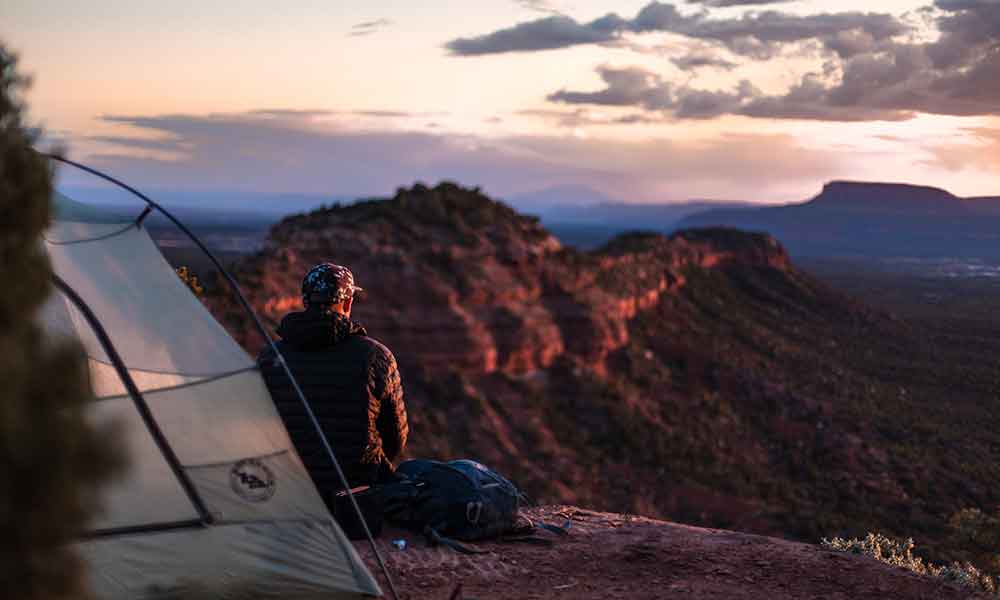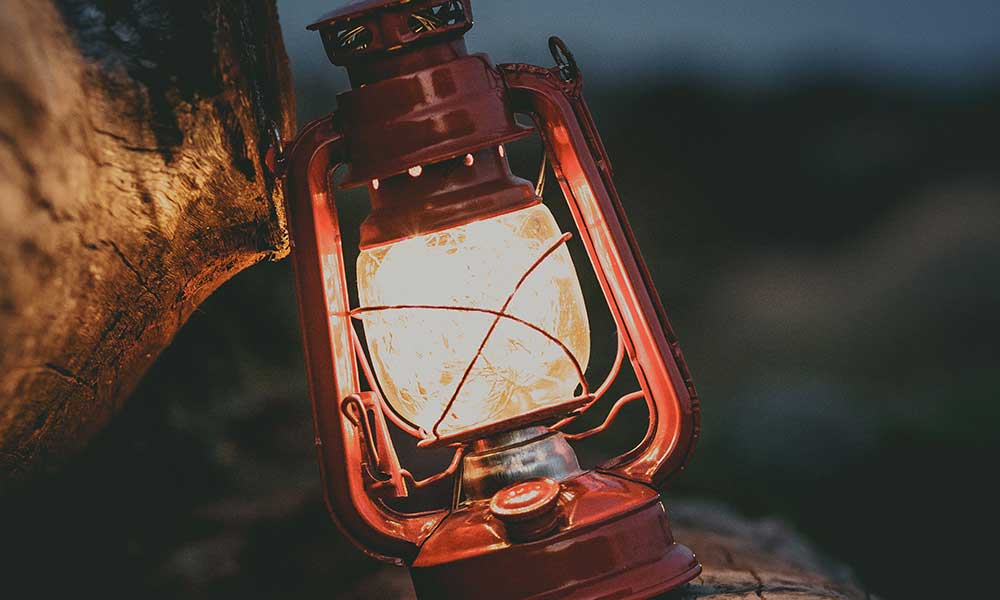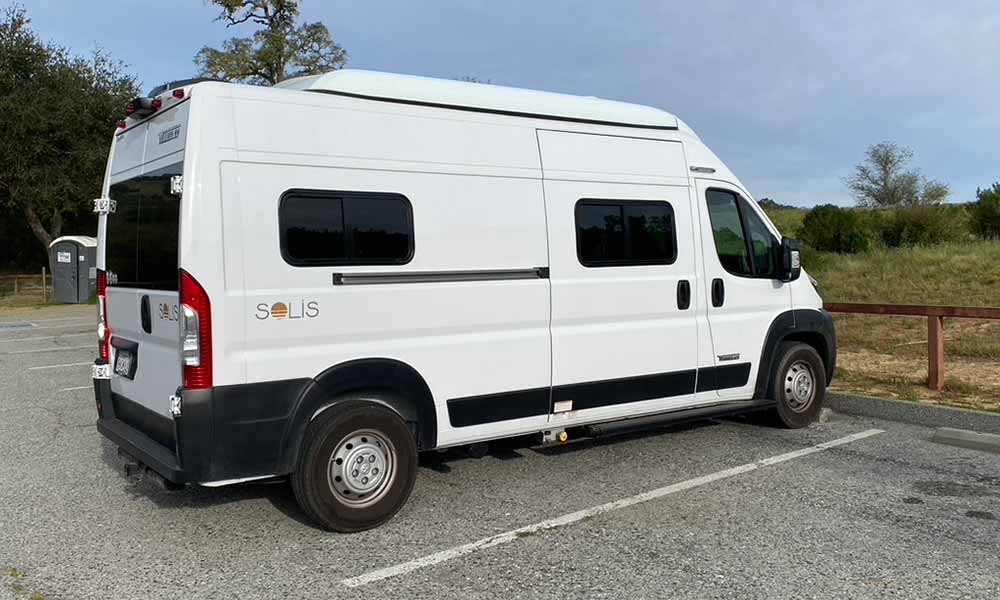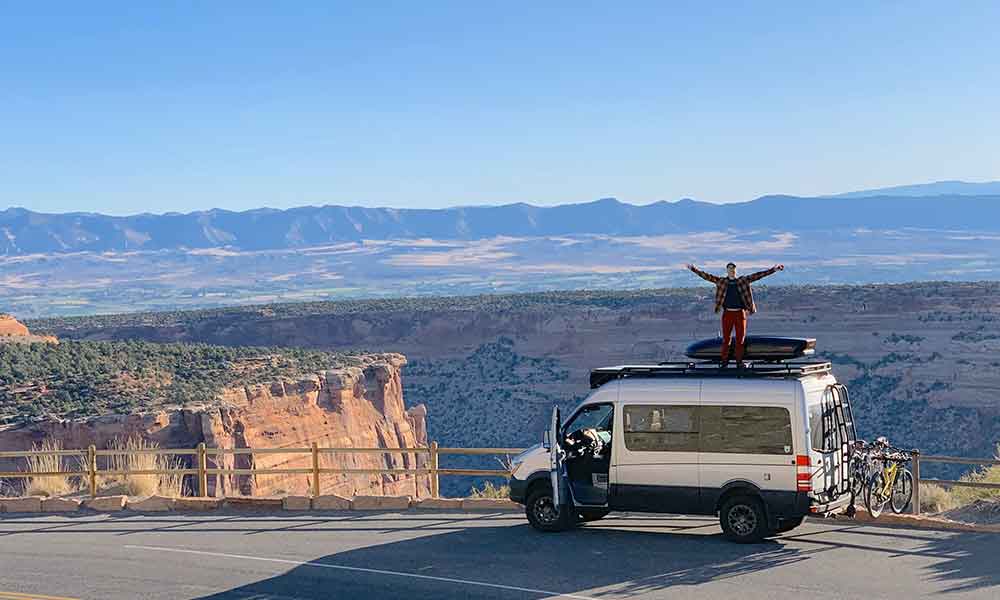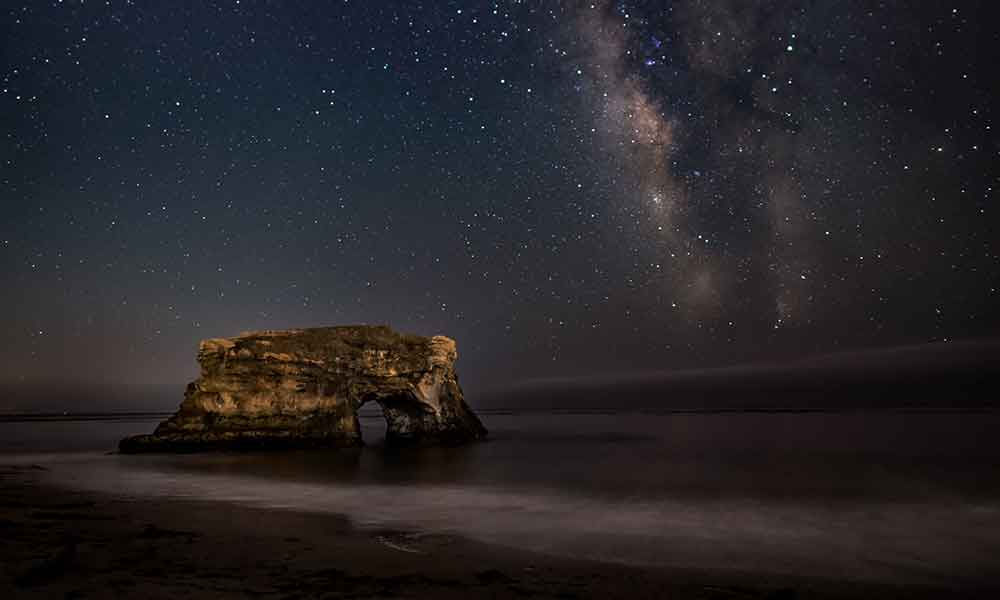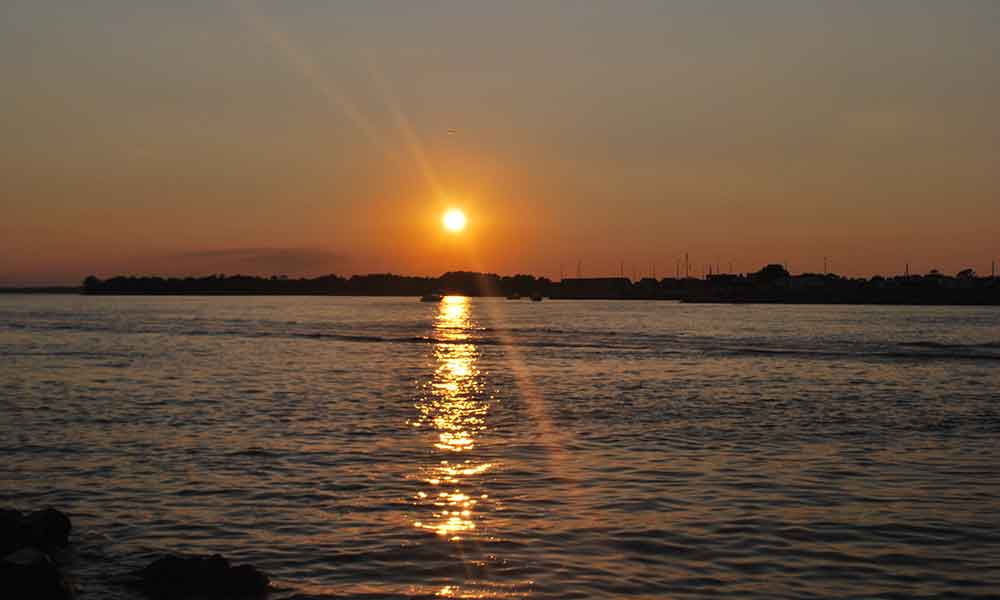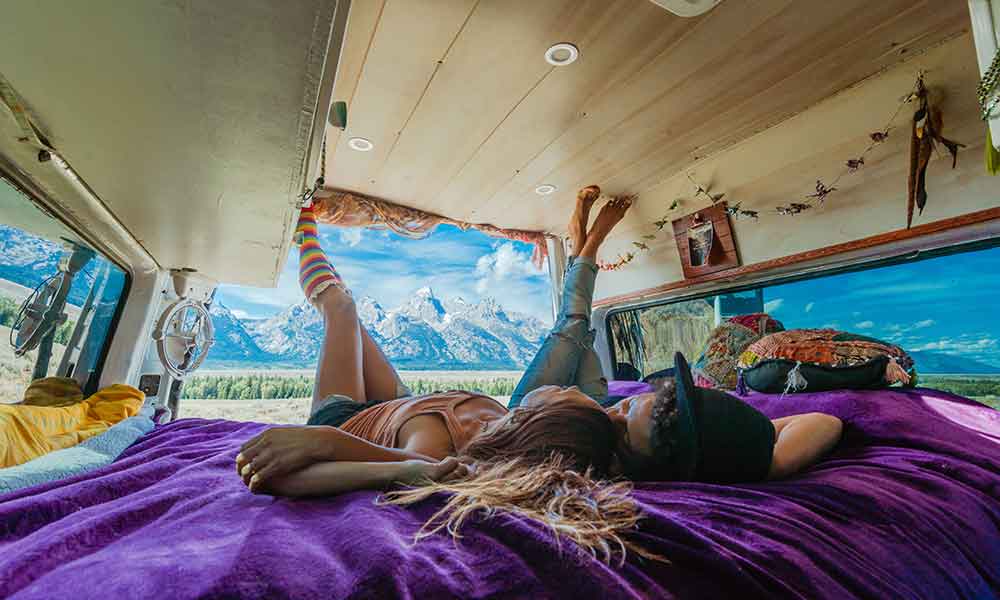Free camping is rising in popularity and not just as a way to save a buck. With the growing enthusiasm for the outdoors, campsites have become crowded, and booking months ahead has become essential. Thus, if you want to take a spontaneous outdoor adventure away from it all, free camping is one of your best options. But where is it legal to pitch your tent for free?
Free camping in the United States is easiest to find in National Forests and Grasslands and acreage supervised by the Bureau of Land Management (BLM). Some National and State Parks might offer dispersed camping, but they commonly have small fees for permits and may require reservations.
Free camping is legal in many parts of the world, including the United States. However, it isn’t as easy as just pitching your tent wherever there seems to be unoccupied land. Even in areas where free camping is legal, such as National Forests, there are rules and regulations. Thus, free camping will cost you time for research in order to be a success.
Where To Find Free Places To Camp
While research is part of the free camping experience, we’re here to help point you in the right direction. For example, free camping goes by many names. Knowing keywords to look out for will help in your search for free places to pitch your tent. The most important one to know is “dispersed camping,” as it is the term used by BLM and the National Forest Service.
Other free camping terms you should know:
- Backcountry camping: a term often used by National Parks. This isn’t necessarily free, but the cost is generally lower, sometimes only a few bucks for the permit. These sites almost always require you to hike or boat in but sometimes can be reached by 4×4.
- Boondocking: a popular term amongst those that embrace the free camping lifestyle.
- Cowboy camping: essentially free camping without a tent.
- Dry camping: means the area has no potable water and possibly no other water. However, that doesn’t guarantee it is free.
- Primitive camping: a popular term for camping with no amenities. However, these sites sometimes have a small fee.
- Rustic camping: often used interchangeably with primitive camping. However, it can mean there are some amenities, such as a drop toilet. Thus, there might be a small fee.
Camping For Free In National Forests And Grasslands
The USDA Forest Service manages 20 National Grasslands and Midewin National Tallgrass Prairie, and 155 National Forests. Many of these forests and grasslands have official campgrounds; however, dispersed camping is allowed outside these designated areas. There will be no amenities provided, so you must bring everything, including water.
The USDA has general rules for dispersed camping, and each particular area may have additional regulations. Also, things can change due to logging, forest fires, mudslides, and other events. So even if you’ve camped in an area before, you still need to check that it is currently open to dispersed campers.
Highlights from the general rules include:
- Maximum of 16 days per spot
- Practice “pack-in pack-out”
- Must be 100 feet from any water source
- 150 feet from any roadway
- 1 mile from a campground
- No driving across meadows
Camping For Free In BLM Areas
The Bureau of Land Management permits dispersed camping on most of their lands, excluding designated recreation areas, such as campgrounds. However, there are BLM areas that are not open to camping for various reasons, including fires, land leasing, or being an environmentally vulnerable location.
BML land is primarily found in the following US States:
- Alaska
- Arizona
- California
- Colorado
- Idaho
- Montana
- Nevada
- New Mexico
- Oregon
- Utah
- Wyoming
Like the US Forest Service, there are general rules for dispersed camping in areas managed by BLM. However, certain States and some specific pieces of land will have additional rules and regulations that must be followed.
Highlights from the general rules include:
- Maximum 14-day stay
- Away from recreation facilities
- Maximum 10 days to leave personal property unattended
Camping For Free In US National Parks
National Parks are popular destinations in the United States, so staying in their campgrounds can feel more like living in a town rather than the great outdoors. Thankfully, there are National Parks that allow you to camp in the backcountry.
Backcountry camping is the US National Park Service’s version of dispersed camping, and there are many more rules and regulations. Each park has its own backcountry rules, such as if you need a bear canister and if you can light a fire.
There are almost always permits required, and these usually have a small fee. Thus, they are not totally free, but they are typically loads cheaper than staying in their official campgrounds. Even within the park, the number of days you may stay can depend on the area. Three days is the typical maximum, but for some popular backcountry trails, they are strictly overnight.
National Parks are focused on wildlife preservation, so there is always a limited number of permits. How long you can stay in a particular backcountry spot depends on the park. Some permits you reserve as little as three days in advance, others you go into a lottery over a year in advance, and there are places where it is first-come-first-serve.
Almost no National Park backcountry camping is accessible by motorized vehicle. Most of these areas are reached by hiking, with some sites, such as a few in Yellowstone, reached by canoe or kayak.
National Parks that allow backcountry camping include:
- Glacier National Park
- Grand Canyon National Park
- Grand Teton National Park
- Great Smoky Mountains National Park
- Olympic National Park
- Rocky Mountain National Park
- Shenandoah National Park
- Yellowstone National Park
- Yosemite National Park
- Zion National Park
Conclusion
Free camping is an excellent way to enjoy the outdoors, away from the crowds and chaos. However, research before pitching your tent as there will be rules and regulations. There will be no amenities, so bring everything you’ll need, including water, and pack out all your trash. Enjoy your next free camping adventure.

